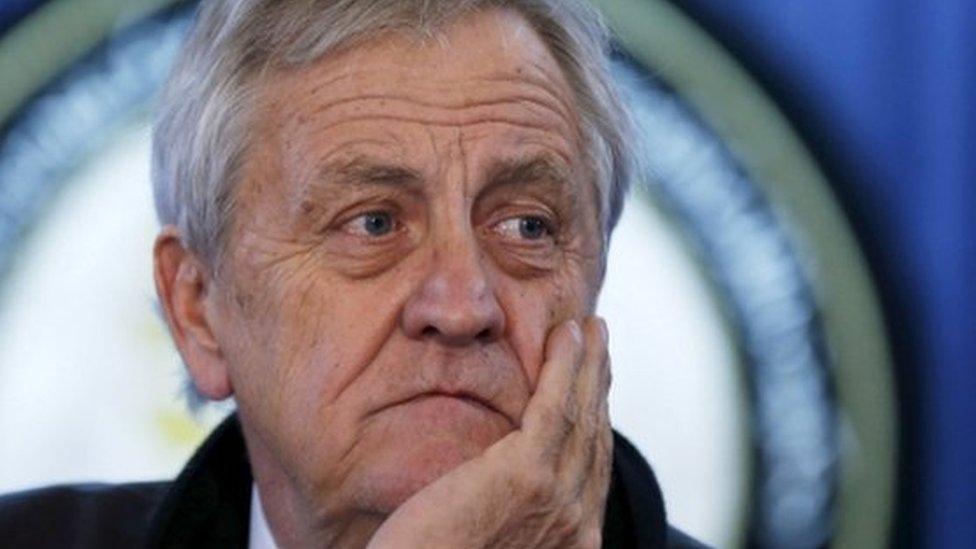The United Nations has acknowledged, but with regret, the postponement of the South Sudan elections to December 2026.
The UN Special Representative of the Secretary-General, Nicholas Haysom, said on Wednesday that they were compelled to recognize the deep frustration and fatigue felt by the South Sudanese people at the seeming political paralysis and inaction in the country.
He said the UN was supporting the parties, the civil society, and the South Sudanese generally in making real progress on holding credible elections, and vitally, elections that do not risk the country spiraling into violence again
Haysom disclosed that he had in the past weeks engaged with the political leaders, the civil society representatives, the women and youth leaders as well as international partners in discussions that convinced him that the only way forward was for South Sudan’s leaders to find the compromises and modes of implementation of a critical mass of the key political, and operational benchmarks set out in the R-ARCSS.
“They must make this latest extension count if they are to retain the trust and confidence of their people and let us be clear – from our perspective, that clock is ticking right now. The clock does not start in February next year,” he said.
The UN, he added, was prioritizing support in achieving concrete outcomes because it was opposed to any prospects for another extension since the signing of the Revitalized Peace Agreement in 2018.
“We are also doing our best to provide key stakeholders in South Sudan’s future at both state and national levels—political parties, civil society, women, youth, security forces, traditional leaders, and communities as a whole—opportunities to be informed, to bridge their differences, arrive at common understandings, and generally to have a voice in the process,” he explained.
He pointed out that the UN had this year held political forums in Juba, Yambio, Bor, Wau, Rumbek, and Bentiu, with the next one scheduled for later this month in Aweil.
Haysom also disclosed the UN’s support to the South Sudan National Election Commission (NEC).
“We are expanding our assistance to the NEC beyond technical meetings and discussions and capacity building. We are looking at real, brick-and-mortar investments across all 10 states.
“We intend to start and to make a clear headway by the end of the year in building offices in all 10 states for the National Election Commission to function and for people to interact with the electoral process,” he explained.
On the judiciary and electoral security front, Haysom said the UN would next week be supporting capacity building among public prosecutors and police investigators to strengthen their knowledge of the electoral framework and integrate their perspectives into responses from the justice system to counter electoral offences and deter situations of possible electoral violence.
On the security front, Haysom urged the South Sudan leaders to be open and honest about their intentions to unify their forces because it is the only way to sustainably prevent rising subnational violence.
“This does not need vast amounts of funding, but it does need a common approach and effort. Additionally, decisions now on election security roles and responsibilities allow for early preparations,” he said.
He asserted that the UN was not seeking to impose external milestones on the South Sudan parties, but would, along with partners such as the African Union and IGAD, help the leaders fulfill the promises they made when they signed the 2018 peace deal.
“We are doing so, among other things, by monitoring interparty dialogues and encouraging the Government to provide clarity on how the Kenya-led Tumaini Initiative and the viewpoints of non-signatories can fit into the trajectory of the peace agreement. Finding the moral courage to take decisions does not cost anything or require donor funding,” he explained.




